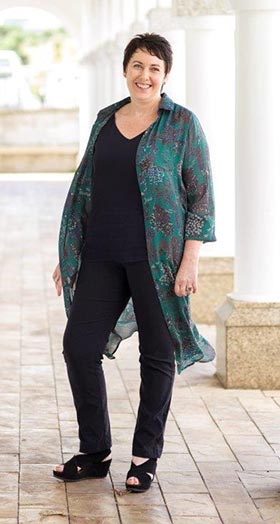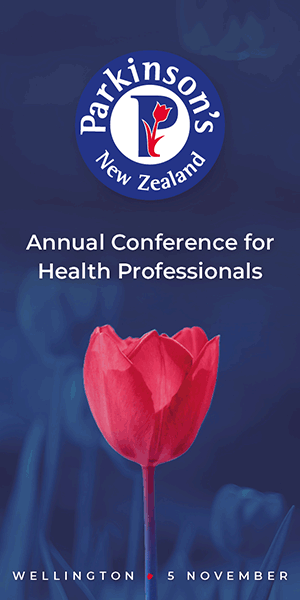
Nicolette Sheridan, of Ngāpuhi descent, is a pioneering nursing educator. A registered nurse (RN) with a PhD and master of public health from the University of Auckland (UoA), she has more than 30 years’ experience in clinical practice, education and research. She is now head of Massey University’s school of nursing and director of the Centre for Nursing and Health Research.
She strongly believes the health system is a determinant of health and that nurses have a major role in creating a fairer health system. “This requires a commitment to health equity and the use of evidence to inform their actions when making decisions at all levels within the system, whether providing clinical services, developing policy or allocating resources.”
She trained as an RN at Cook Hospital in Gisborne in the 1980s. Early career roles included public health nursing, occupational health nursing at an abattoir, practice nursing, district nursing visiting oncology patients at home and managing a hospital day-stay ward where patients received chemotherapy.
Before her role at Massey, Sheridan was the first associate dean (equity) in the Faculty of Medical and Health Sciences at the UoA. She held this role from 2008-2017. She won an excellence award in equity for building capacity with Māori postgraduate nursing students and a second award in 2012 for a research collaboration that put health equity on the agenda.
The health system is a determinant of health and nurses have a major role in creating a fairer health system.
Sheridan is currently leading $1.3 million government-funded research into the effectiveness of primary care. The research is exploring the fact that, while general practice works well for some people, it does not work well for others, and that some ways of providing primary care are more equitable. Co-investigators are from five universities – Massey, Auckland, Otago, Cambridge in the United Kingdom and the Karolinska Institute (Sweden).
She was recently co-lead of a study, Implementing models of primary health care for older adults with complex needs, funded to the tune of $3 million by the Health Research Council (HRC) and the Canadian Institutes of Health Research.
Before her role at UoA, she was head of health and social sciences at Te Tairawhiti Polytechnic for six years and completed a degree in occupational health practice from the University of Otago. She was commissioned by the then Health Funding Authority to evaluate integrated care and by South Auckland Healthcare – now Counties Manukau District Health Board (DHB) to design a research institute and clinical research centre.
Sheridan has led or been a co-investigator in more than 30 research projects. These have reported on the health-care experiences of Māori and Pacific older adults living with long term conditions, measured health equity in DHBs, tracked communication between clinicians and people newly-diagnosed with diabetes and evaluated the implementation of innovations to improve palliative care.
For a decade she was the New Zealand Qualifications Authority academic monitor for the bachelor of health sciences Māori nursing programme delivered by Te Whare Wanānga o Awanuiarāngi.
In 2000, together with UoA researcher Lorna Dyall, Sheridan won a Ministry of Health contract to deliver a pioneering postgraduate diploma in health sciences (Māori nursing) to 41 Māori nurses in “mobile disease state management”. These nurses, all employed by Māori provider organisations, went on to deliver life-changing primary health care services across New Zealand.
In the last 12 months, under her leadership, Massey University has started a graduate entry-to-nursing programme, the master of clinical practice. The bachelor of nursing is delivered to 560 students on Wellington, Manawatu and Auckland campuses.
Public good and social responsibility are embedded in the school’s culture. During the COVID-19 pandemic, the school was in a position to deliver, at no cost, two online critical care courses to more than 100 nurses in New Zealand and in Samoa, all supervised by critical care nurses and anaesthetists.
“As a country we have a history and culture of promoting human rights and indigenous rights. Nurses, as the largest group of health workers, can make a real difference by being culturally and clinically safe in practice, and as educators we have a responsibility to make this happen”.
* Information for this article was supplied by Massey University’s public affairs and communications team, with additional information from the co-editors.





